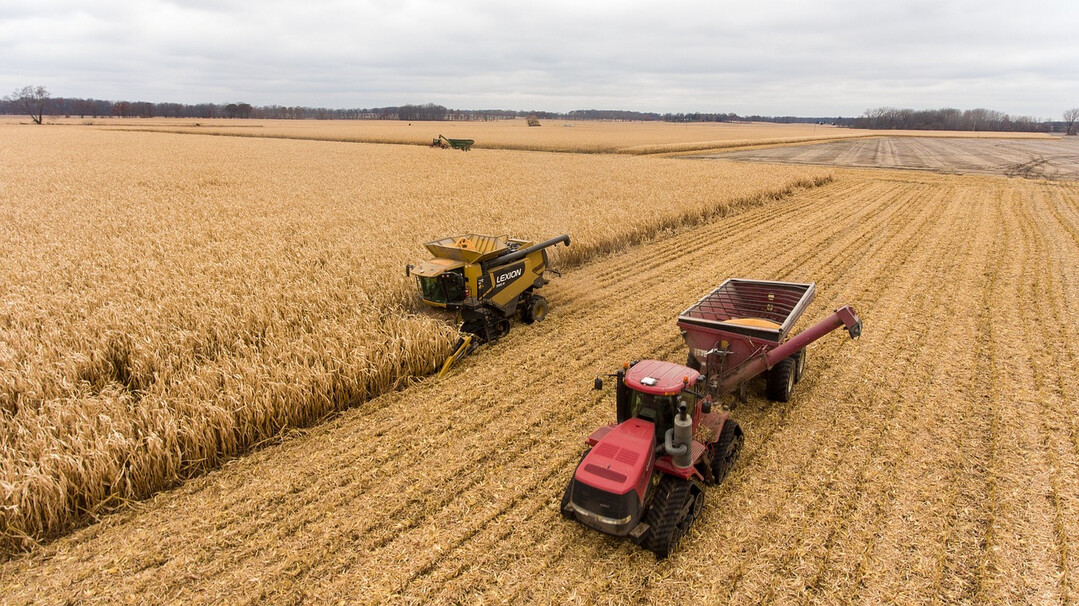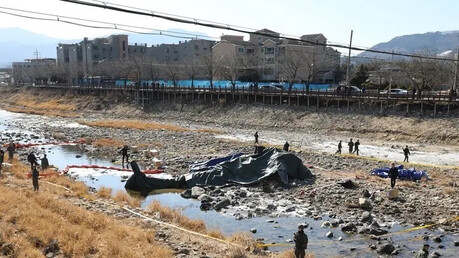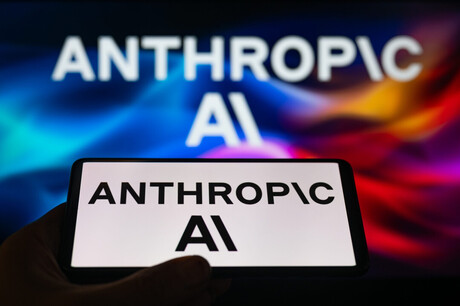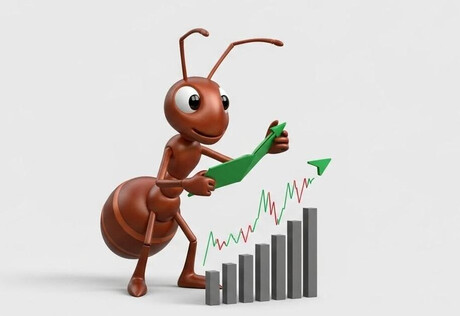
(C) Pixabay
BRASILIA, Brazil – The agriculture sector of the Americas is emerging as the central driver for sustainably feeding the world, a powerful message that dominated the recent 2025 Meeting of Ministers of Agriculture of the Americas in Brasília. Agriculture ministers, experts, and representatives from the Inter-American Institute for Cooperation on Agriculture (IICA) unanimously affirmed the continent’s pivotal role in tackling global challenges, including the climate crisis and food security.
A New Narrative for Agriculture
Participants agreed on the urgent necessity of constructing a new narrative for agriculture in the Americas. This initiative directly confronts the prevailing negative perception—the 'extractive agriculture' stereotype—which often links farming to pollution, greenhouse gas emissions, and environmental degradation. The goal is to highlight the sector’s positive, sustainable, and solution-oriented aspects.
Manuel Otero, Director General of IICA, emphasized this shift: "Agriculture can be an essential part of the sustainable development strategies of each country, and at the same time, it can sustainably supply food to the entire world." This effort aims to reposition American agriculture not as a source of environmental problems, but as a core part of the solution.
Distinguishing Good Practices
The challenge of perception is significant. Walter Boethgen, a professor and agricultural engineer at Colombia University, noted that 80% of the continent’s population lives in urban areas, making them susceptible to messages that associate agriculture with pollution and environmental issues.
Boethgen stressed the need for discernment: "In reality, there are good and bad agricultural systems. We must find a way to differentiate between the two, promote the good ones, and exclude the ones that are not." He underlined that not all production systems are equal and many are already operating exceptionally well.
Agriculture as a Peacemaker
Roberto Rodrigues, former Brazilian Minister of Agriculture and Special Envoy for the Agriculture Sector at COP30, identified food security, energy transition, the climate crisis, and social inequality as the "Four Horsemen of the Apocalypse" facing humanity.
He argued that agriculture is a major key to combating these threats. "Without food, peace collapses and democracy weakens. A hungry country cannot be stable," he asserted, also highlighting the critical role of education.
Focus on Innovation and Resilience
The two-day ministerial meeting featured technical forums focused on the role of science, technology, and innovation in transforming production methods and enhancing food security. Ministers and authorities from participating countries exchanged experiences with experts and producers, working to forge a common vision for improving productivity, resilience, and the well-being of rural communities.
Technical forums led by IICA discussed key topics such as bioeconomy, agricultural digitalization, and sanitary control of agricultural and livestock products. Crucially, there was a strong consensus on the need for a new generation of public policies designed with the participation of the private sector. This consensus underscores the firm commitment of the Americas' agricultural sector to strengthen its role as a strategic player in the global food system, using innovation and sustainability to meet future challenges.
[Copyright (c) Global Economic Times. All Rights Reserved.]






























